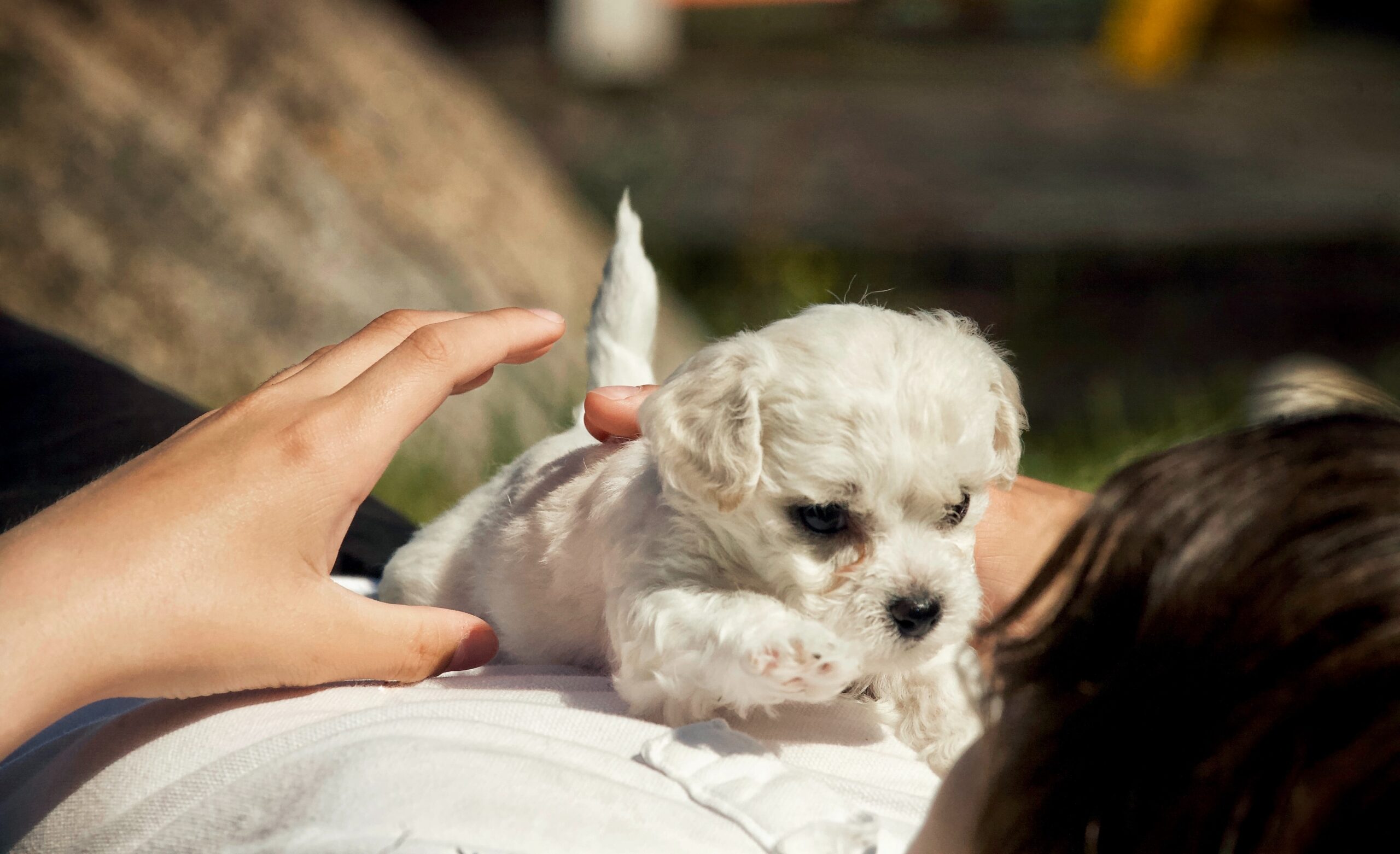A Holistic Approach to Raising a Well-Rounded Canine Companion
When we bring a new puppy into our homes, it’s easy to focus solely on basic obedience training. While obedience is undoubtedly important, it’s just one piece of the puzzle.
A well-rounded canine companion requires a holistic approach encompassing socialisation, environmental exposure, and emotional well-being. Just as a human child needs a variety of experiences to develop into a well-adjusted adult, so does a puppy.
The Importance of Early Socialisation
Imagine a puppy raised in isolation, sheltered from the world’s sights, sounds, and smells. This puppy may exhibit fear, anxiety, or aggression when finally introduced to new environments and unfamiliar individuals. Now, that is a prime example of the importance of early socialisation.
During the critical socialisation period, typically between 3 and 16 weeks of age, puppies are most receptive to learning about the world around them. By exposing them to various people, animals, and situations, we can help them develop into confident and well-adjusted dogs.
- Positive Social Interactions:
- Introduce your puppy to people of all ages, genders, and ethnicities.
- Arrange playdates with friendly, vaccinated dogs.
- Take your puppy to dog parks, pet shops, and other public places.
- Gentle Handling:
- Practice handling your puppy’s paws, ears, and mouth.
- Introduce them to grooming tools like brushes and combs.
- Schedule regular veterinary check-ups to help them become comfortable with the vet’s surgery.
Environmental Exposure: Broadening Your Puppy’s Horizons
Just as puppies need to be socialised with people and other animals, they also need to be exposed to various environments. This helps them develop confidence and adaptability.
- Urban Adventures:
- Take your puppy on walks through busy city streets, parks, and public transport.
- Expose them to the sights, sounds, and smells of urban life.
- Rural Retreats:
- Visit quiet country roads, farms, and forests.
- Let your puppy experience the sights, sounds, and smells of nature.
Emotional Well-being: Nurturing a Happy and Healthy Puppy
A happy and healthy puppy is a well-adjusted puppy. Therefore, it is very important to provide plenty of mental and physical stimulation to ensure your puppy’s emotional well-being.
- Mental Stimulation:
- Engage in training sessions that challenge your puppy’s mind.
- Provide puzzle toys and treat-dispensing puzzles.
- Play games like hide-and-seek and fetch.
- Physical Exercise:
- Take your puppy for daily walks and playtime.
- Enrol them in online training, puppy classes or dog sports.
The Science Behind Puppy Development
Numerous scientific studies have highlighted the importance of early socialisation and environmental exposure in shaping a dog’s behaviour and temperament.
For example, research has shown that puppies exposed to various stimuli during the critical socialisation period are less likely to develop fear, anxiety, and aggression later in life.
Additionally, studies have demonstrated the positive impact of mental and physical stimulation on a dog’s cognitive function and overall well-being. By providing our puppies with a rich and varied environment, we can help them reach their full potential.
Raising a well-rounded canine companion requires a holistic approach beyond basic obedience training. We can help our puppies develop into confident, adaptable, and happy dogs by prioritising socialisation, environmental exposure, and emotional well-being.
Remember, the early stages of a puppy’s life are crucial, so make the most of this time to set them up for a lifetime of success.
If you need all the training and information in one place on what to do from the moment your puppy comes into your home, try an online course like The 30-Day Puppy Plan, which has been put together significantly to help new puppy owners get off to the best possible start.
If you feel this blog post may benefit a friend, please share it so they and their puppy can benefit, too.

